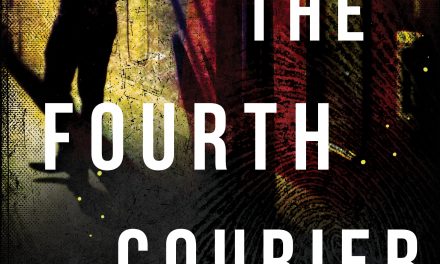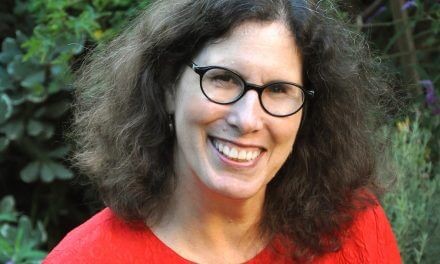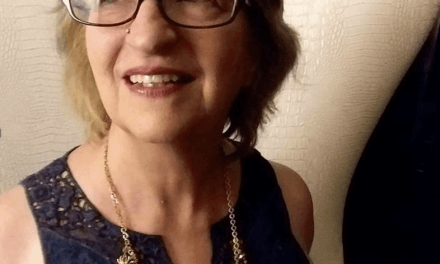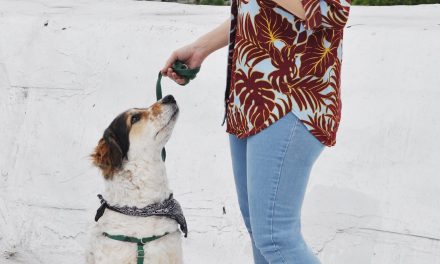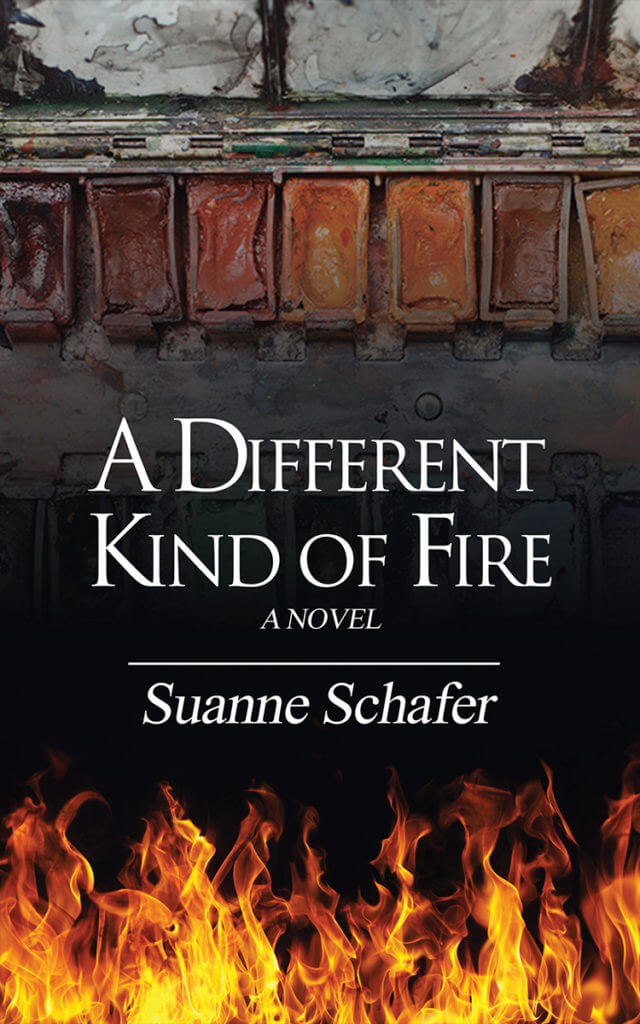Today I have the privilege of talking to Annette Nauraine about her new book, Kissing the Kavalier, and her writing life. Annette is a wife, recovering opera singer, mom of two, Doodle mom, lover of music, books, opera, and dogs. She spends her time trying to keep ahead of everything life has to offer, and enjoying love and laughter.
SS: Annette, please tell us how you came to be a writer.
AN: I can’t remember when I first started writing. I’ve written poetry, stories, bad novels, better novels, edited a newsletter, written for an opera trade magazine. I’m interested in people’s lives, how, why, and what they think and how it makes them live in the world. People are their own stories.
SS: When I read other authors’ biographies, I worry mine is dishwater-dull. How do you feel about your life story? Have you ever been tempted to jazz yours up?
AN: I don’t think a wretched childhood or bohemian lives always make for creating good writers. I have an unusual background as my mother was Amish, my father Guyanese, and I was an opera singer. But I grew up in Iowa. The combination is what makes it interesting, but it’s no more interesting than anyone else’s life.
SS: Writing is undoubtedly a lonely occupation. John Green (The Fault in Our Stars) says writing is a profession for introverts who want to tell you a story but don’t want to make eye contact while doing it. P. D. James (Cover Her Face) says it’s essential for writers to enjoy their own company. Do you see yourself along those lines? Are you a natural loner?
AN: As an opera singer, you have to be someone who’s dying, DYING, to be on stage. But I love having time alone too. I would go mad if I had to be around people all the time.
SS: Is your day job a distraction, or does it add another element to your writing?
AN: I’ve spent most of my life writing, looking for time to write, stealing time to write, sneaking off to write. I’ve either been teaching voice or raising boys. I’d say it’s the other way around. Writing distracts me from child rearing, which makes opera look easy.
SS: How does your home and its environment influence your writing? To what extent?
AN: My husband is super supportive of my writing. My boys and their lives and personalities creep into my characters. But don’t tell them that.
SS: How has Covid-19 affected your writing? Your future writing? Your life? Your family?
AN: My husband and I are high-risk, so we’ve had to keep our youngest home. He hates it, and we feel bad about it, but there’s no way we can send him back to school. Personally, I’ve come to love being home. I’m going to have a hard time getting back out in the world.
SS: Could you say something about your relationship to your fictional characters? How autobiographical do you think your fiction is?
AN: I think all fiction is, to some extent biographical. I think writers who say otherwise aren’t very self-aware. If you don’t want people to know you intimately, becoming a writer is not the profession for you.
SS: Do you think that self-revelation is part of the writing process?
AN: You can’t be a really good writer if you don’t have some ability to be introspective or achieve some understanding of who you are, and who others are. It’s essential, I think, to creating characters and believable stories.
SS: Isabel Allende starts all of her books on January 8 because she started The House of Spirits on that date. Do you have any superstitions or creative rituals about your writing?
AN: I sit down and free write three pages. Sometimes it’s crap but ordinarily, by the middle of the second page, an idea for what comes next in my book comes up. It’s pretty efficient.
SS: What is your most recent book? In twenty-five words or less, tell me why a reader should start your book next.
AN: Kissing the Kavalier is a funny, sweet, light-hearted book about how love saves us. I think that’s the meaning of love. It saves us from ourselves. My characters are determined, inventive, indomitable, stubborn and compassionate. I think the world can always use an example of compassion. There’s long been a shortage of that. It’s also the opera that Richard Strauss might have written if his librettist, Hugo von Hofmansthal hadn’t died. This is not just a historical romance, it’s an alternate opera.
SS: At what point did you come up with the title? Did your publisher change it?
AN: Took a long time to come up with it. I wanted something that reflected the Austrian character and the idea of romance. That’s why I spell ‘kavalier’ with a ‘k’, which is the German spelling of cavalier.
SS: Are you looking to entertain or illuminate?
AN: Both. I think you can write funny, interesting, diverting characters doing things that are entirely against their own self-interest and see how they get out of the mess they’ve made and see how they change along the way. I think the best writing does both.
SS: Do you believe you write the kind of book you’d want to read?
AN: Yes. I firmly believe you should write the kind of book that you want to read, that entertains you, and holds your interest. If you can do that, your book will find an audience.
SS: Khaled Hosseini (The Kite Runner) says that he feels he is discovering a story rather than creating it. Are you a plotter? Or do let the novel develop organically?
AN: I’m kind of a plantser. I know where I want my beats to drop, I know what word count I want to hit. I kind of think about what might further pressure my character to change, then I try to write what I have in mind. Usually, more things happen as I write and I torture my poor characters even more than I’d planned.
SS: Was the decision of how to structure the novel obvious?
AN: (EYEROLL HERE). I learn by doing, and it took me FOREVER to buckle down and structure. Kissing the Kavalier was the first book I decided I was darn well going to publish, no matter what. I used it as a learning experience and worked on it hard for five years. I work with Laura Mitchell, (https://la-mitchell.com) as an editor. It’s been a great experience and I work with plotting partners who have helped me more than I can say.
SS: Julian Barnes (The Sense of an Ending) says that one of the things he has learned as he grew older is how to manage time in a novel. Have you found an effective technique for this?
AN: Get in late, get out early, leave out the boring bits, and use summary. Summary means, you say things like: They had a lovely dinner marred only by the fact they weren’t speaking to one another. OR: Monday it rained, Tuesday it poured, Wednesday there was a flood and Thursday presented itself as the most perfect day for their wedding.
SS: How do you create and construct distinctly individual supporting characters?
AN: They serve the purpose to illuminate your POVC for the reader. They shouldn’t detract but compliment your MC the way a good piece of jewelry or an attractive scarf livens up a pretty dress. Make them interesting, quirky, but not overwhelming. In Kissing the Kavalier, Matteo’s cousin Edward was so much fun to write. I’m going to write a book about him soon. He’s very naughty and funny.
SS: Where is your book set? How did you decide on the setting? When is it set?
AN: Kissing the Kavalier is set in 1867 Vienna, the time when the opera composer, Richard Strauss, set the opera Arabella. This book is a riff on the opera. There are millions of Regency and Georgian, Highland, Celtic historicals. Kissing the Kavalier falls somewhere closer to Adriana Trigiani’s books, only funny and with hot sex.
SS: That’s a marvelous description of your book. Makes me want to read it. Was your novel inspired by real events or characters? If so, how do you deal with the responsibility that comes with this?
AN: This was inspired by the opera, Arabella, by Richard Strauss. It’s always been my favorite opera. It’s a story about a young woman who grows from a flighty beauty seeking, at the behest of her broke parents, to marry for money. Through the machinations of her cross-dressing younger sister, Zdenka, the heroine of my book, Arabella becomes a mature, thoughtful, woman who follows her heart and finds true love.
Hugo von Hofmansthal, Strauss’s librettist—the guy who writes the words the singers sing—wrote the opera as it currently stands. Strauss found Zdenka the more interesting of the two sisters and requested von Hofmansthal rewrite the libretto with her as the heroine of the opera. Unfortunately, von Hofmansthal died of a heart attack while dressing for his son’s funeral who had died by suicide three days before. An operatic demise if there ever was one.
Strauss was heartbroken at losing his friend and collaborator so he wrote the Arabella with the libretto he had.
I like to think Kissing the Kavalier, might be the opera von Hofmansthal would have written had he lived.
SS: I lived in Milan, a mere five minute walk from La Scala. I’d get nose-bleed seats for the equivalent of a dollar back in the late seventies. Hearing Pavarotti sing La Traviata was goose-bump material. And there was an international dance festival. I still remember the dancers who performed La Casa di Bernarda Alba and Mats Ek, the Swedish choreographer and his Scandinavian dance company. Reminiscences aside, what advice would you give aspiring writers?
AN: Write. Read. Rewrite. Repeat. Don’t pretend to wait for inspiration. Set a habit and keep to it. Don’t think too hard. Just DO IT!
SS: What do you think are the guidelines for a successful romance? Do you think these vary with M/F, F/F, M/M, or alien/shifter/other relationships?
AN: I don’t read or write in those genres, but I think love is love. Everybody deserves the right to receive it and give it. Period. I think if you write about those ‘combinations’ with tenderness and a respect for them as people, you will be successful.
SS: What’s the most difficult thing about writing characters of the opposite sex?
AN: Actually, I think they’re easier than writing women! I get to imagine the kind of men I would want to love, if I hadn’t already found him! Trying to understand the male physical and emotional response to a woman, without making him sound like a woman is a little tricky. I have to be careful I don’t make him all swoony.
SS: Do you believe in real-life happily-ever-afters?
AN: Happily ever afters don’t ordinarily come without work. A lot of it. That’s why we identify seeing our characters struggle with love; we recognize that, and we want it and we work for it, like they do.
SS: What more do you think can be done to encourage diversity in romance?
AN: I think more authors of color are finally being recognized for their talents. It’s a welcome development, but more needs to be done. Stacy Abrams, the author of 8 romance novels, is helping that cause. There are plenty of authors of color out there with characters that look like them on the page and those books can push us forward to a better, more equal society. That’s what the best writing does.
SS: Commenting on the recent TV drama, Versailles, Historian Greg Jenner wrote, ‘Firstly, let’s be clear that historical dramas don’t need to be accurate. It’s nice when they are, but it’s not their purpose – drama is entertainment, not educational programming. The past was messy. Stories, however, require rigid structure.’ Is that something you can agree with?
AN: I loved Versailles! Duc d’Orleans made my heart skip a beat! It was a total costume drama with terrible plots, fantastic costumes, incomparable scenery, marvelous actors and devious plot twists. If you want straight history, read a history book. That’s why it’s called ‘historical fiction’! All stories are about the way events effect individuals. That’s what makes it interesting.
SS: How do you make sure you long hours of research don’t show up on the page?
AN: Writing a historical gets tricky. You have to have bits in to keep the sense of the time period, but not overwhelm the writer. Usually, more is less, but I did do lots of research. The best research appears in the novel in very specific, small, unnoticeable ways. That said, I love history. Just not the boring bits.
********************
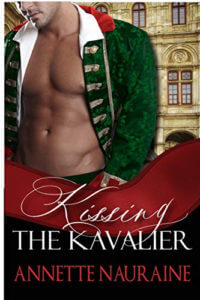
Amazon | B&N | Kobo | AppleBooks | Thalia/Tolino
********************
You can follow Annette on social media here:
Website | Newsletter | Facebook | Instagram
********************
This post contains Amazon Affiliate links. As an Amazon Associate, I earn a small amount from qualifying purchases.

